Germany to award €80M for construction of electrolysis plants for transport sector
Green Car Congress
FEBRUARY 3, 2023
Hydrogen and fuel cell applications are a future technology with great potential for the transport sector. We must use all technologies to achieve our climate protection goals. Hydrogen is an important addition to battery-electric mobility, especially when it comes to heavy loads and long ranges.


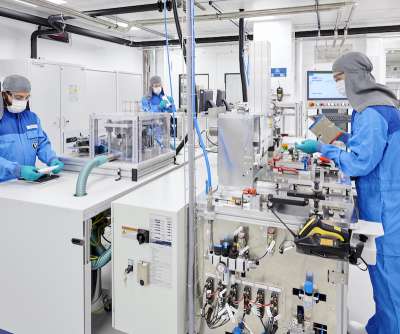
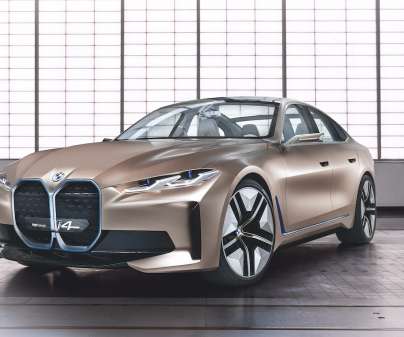

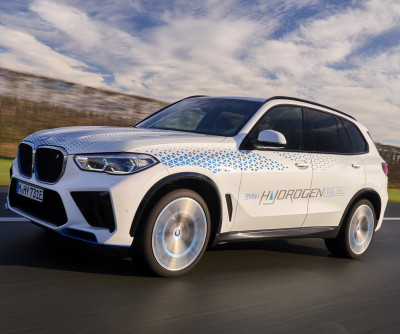
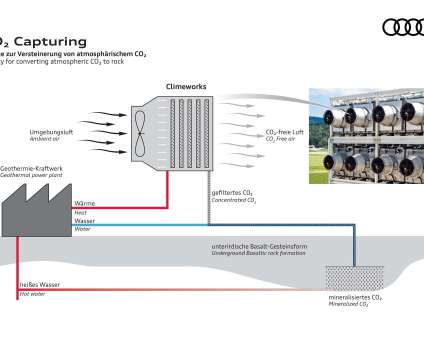




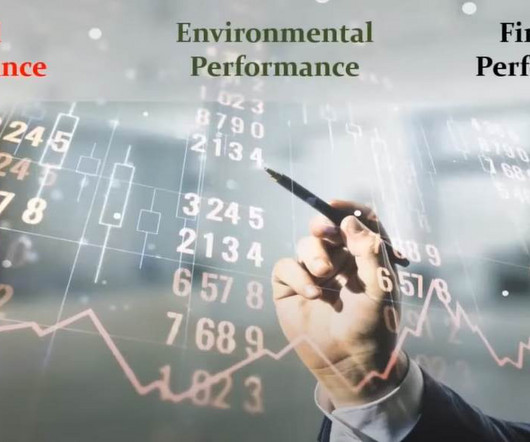
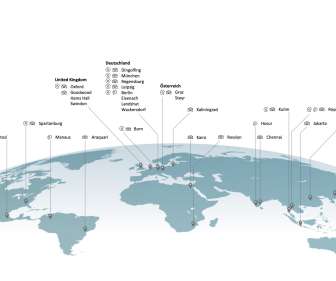











Let's personalize your content